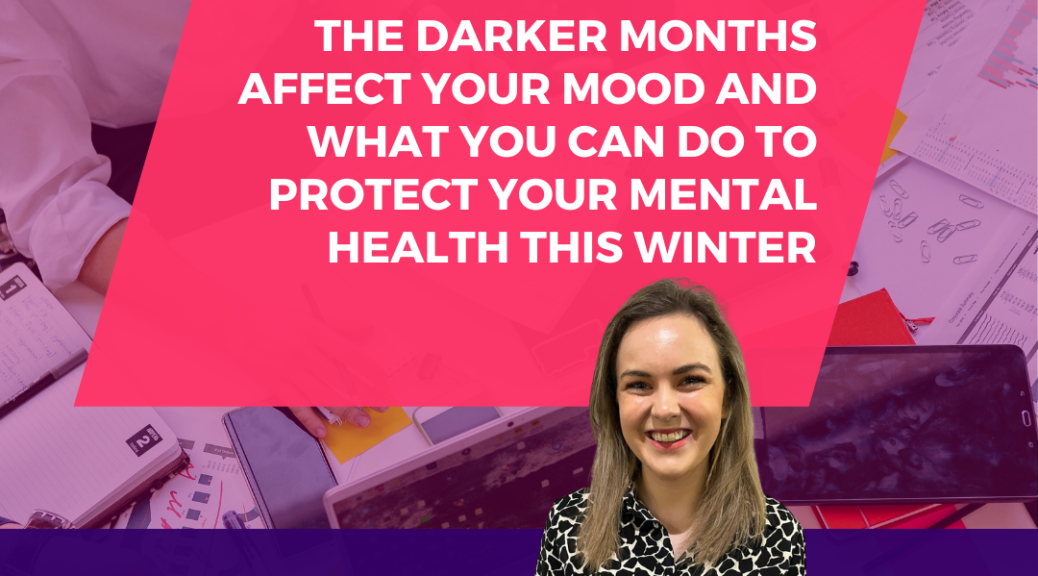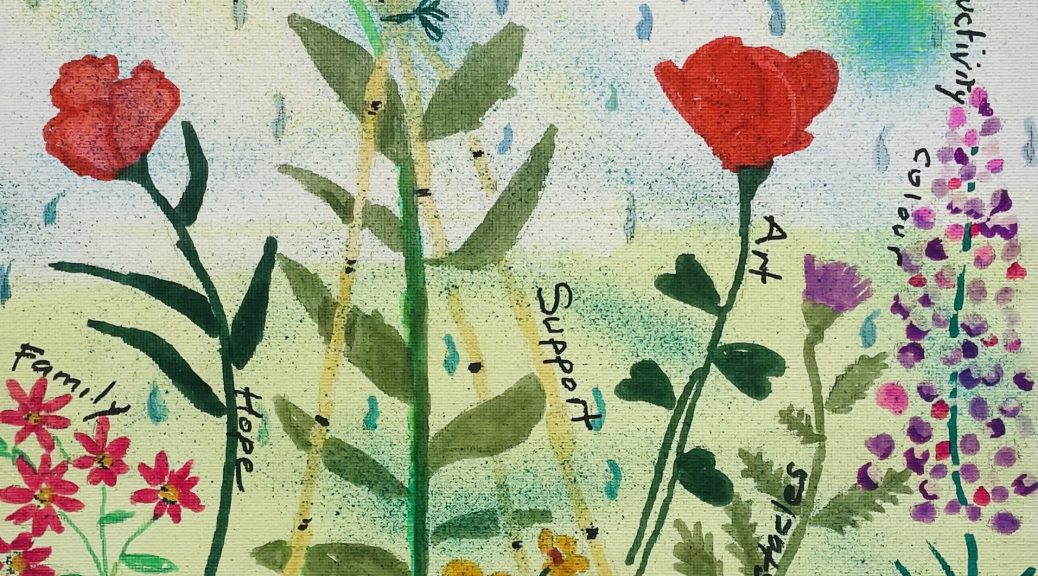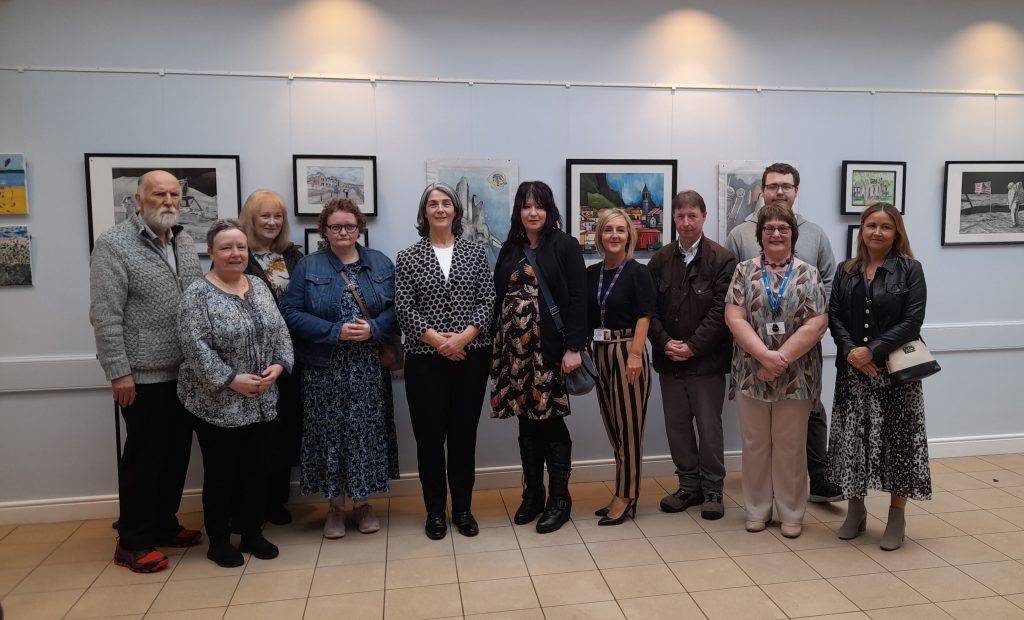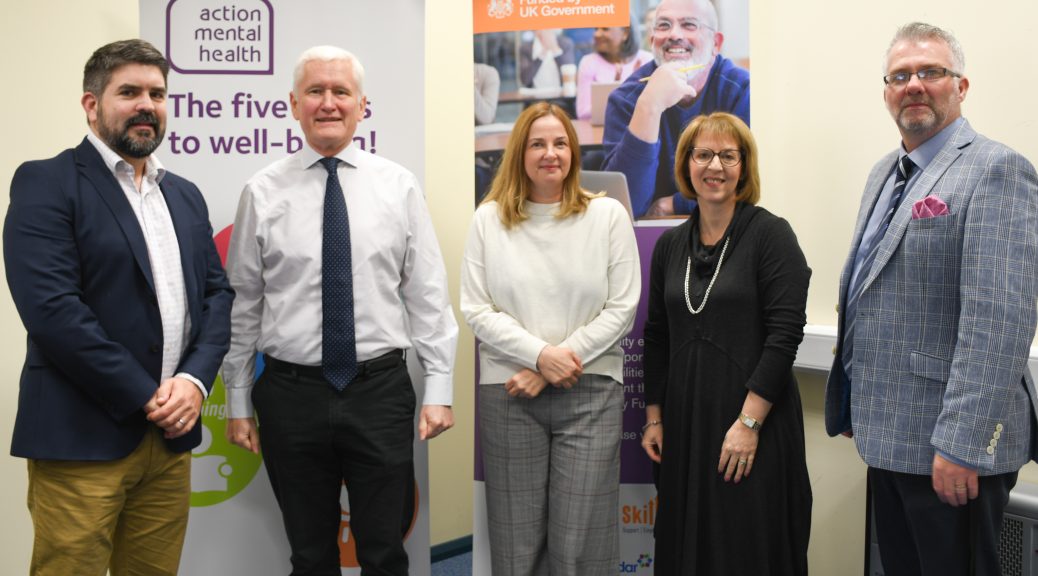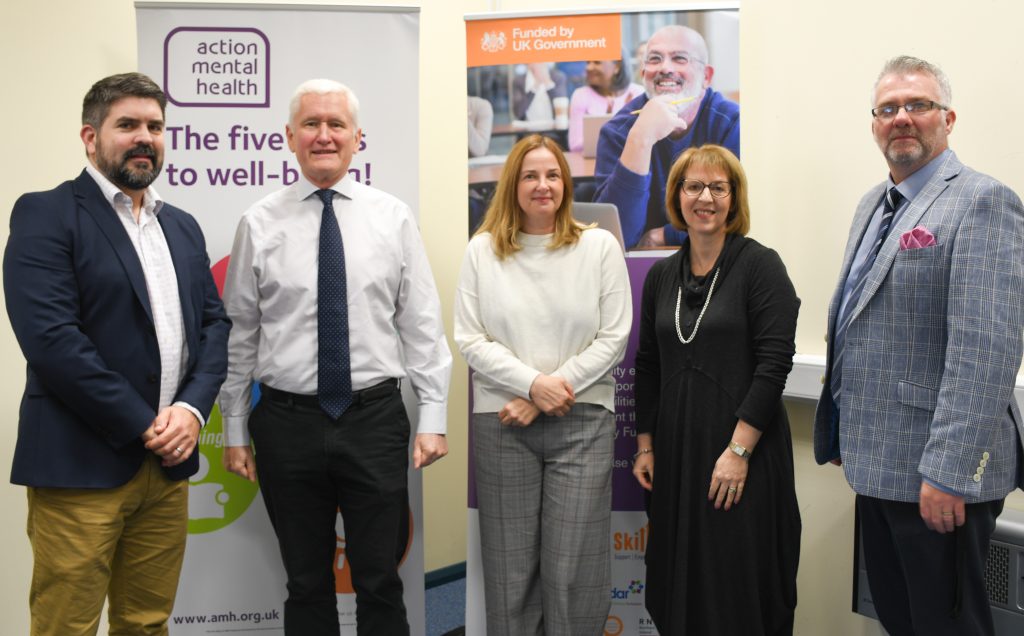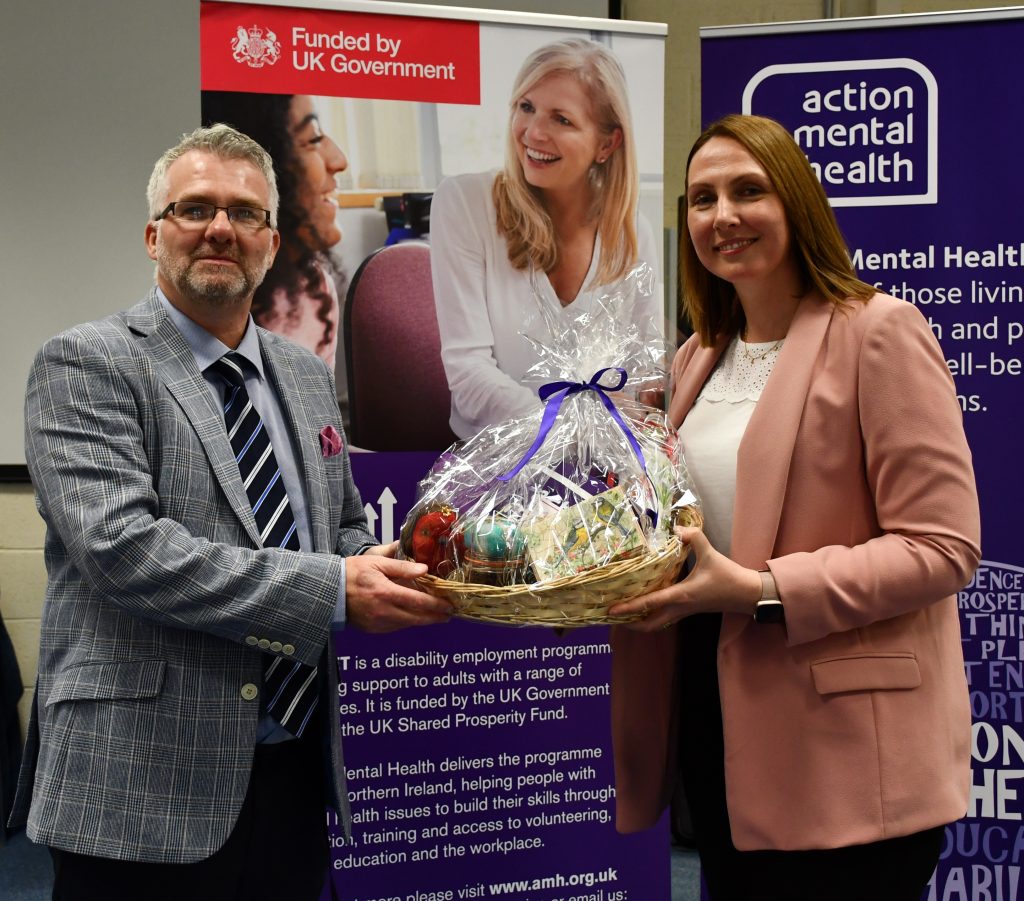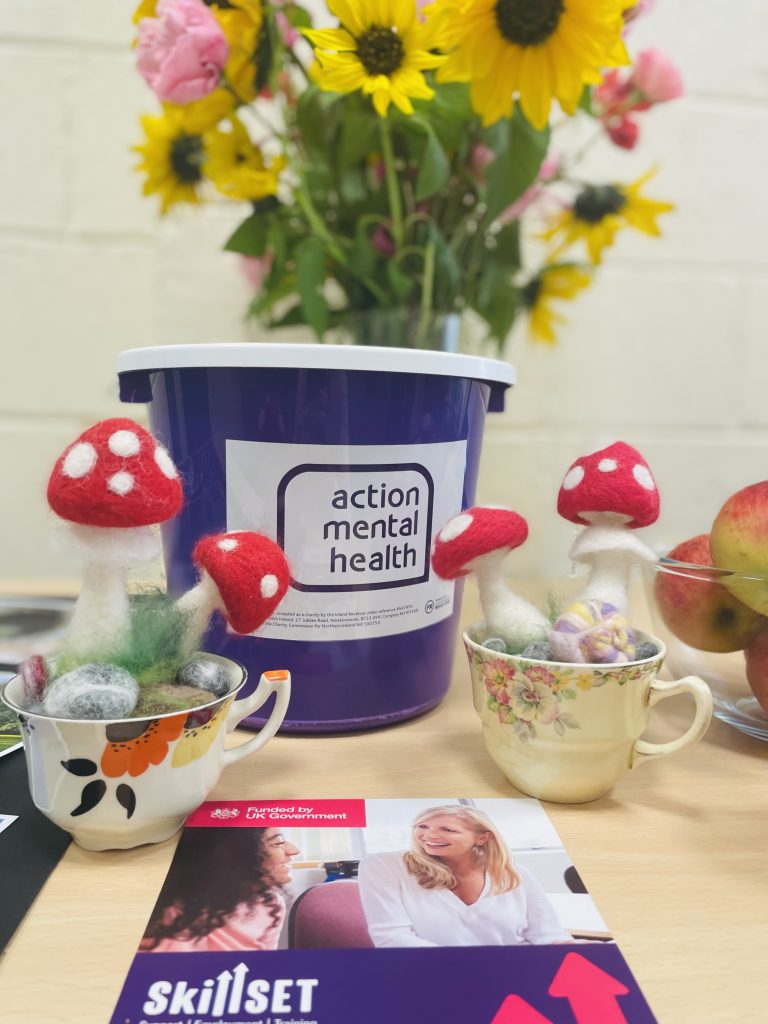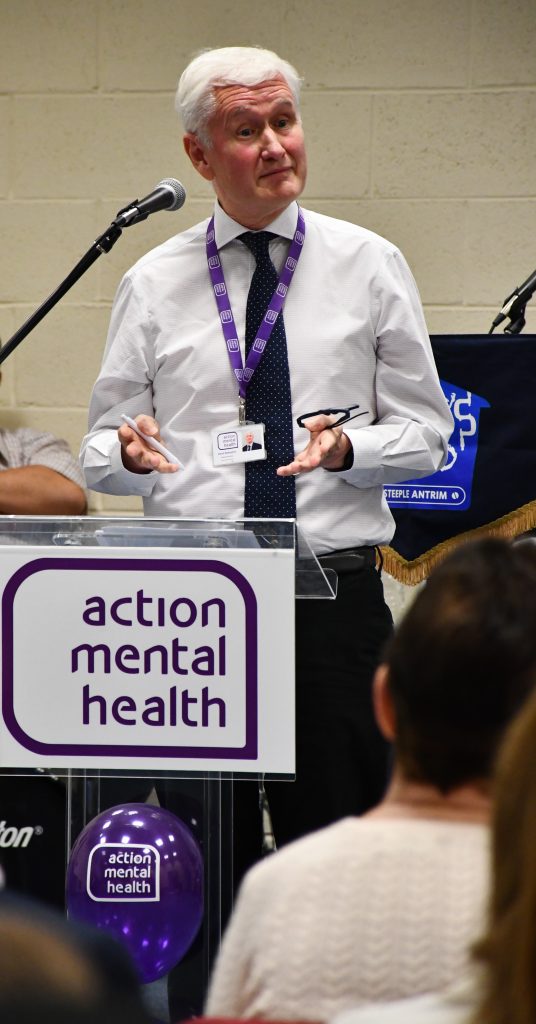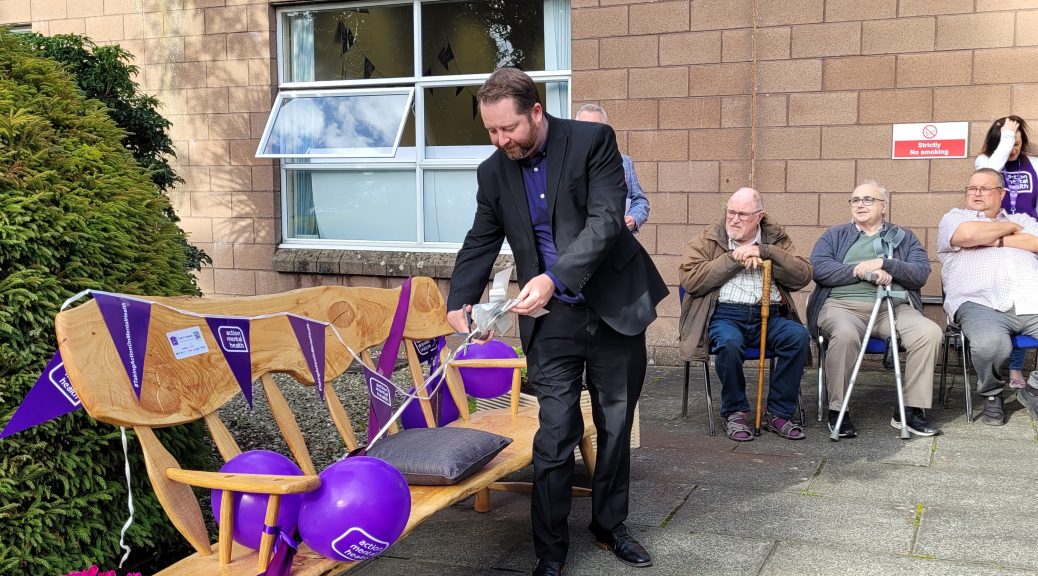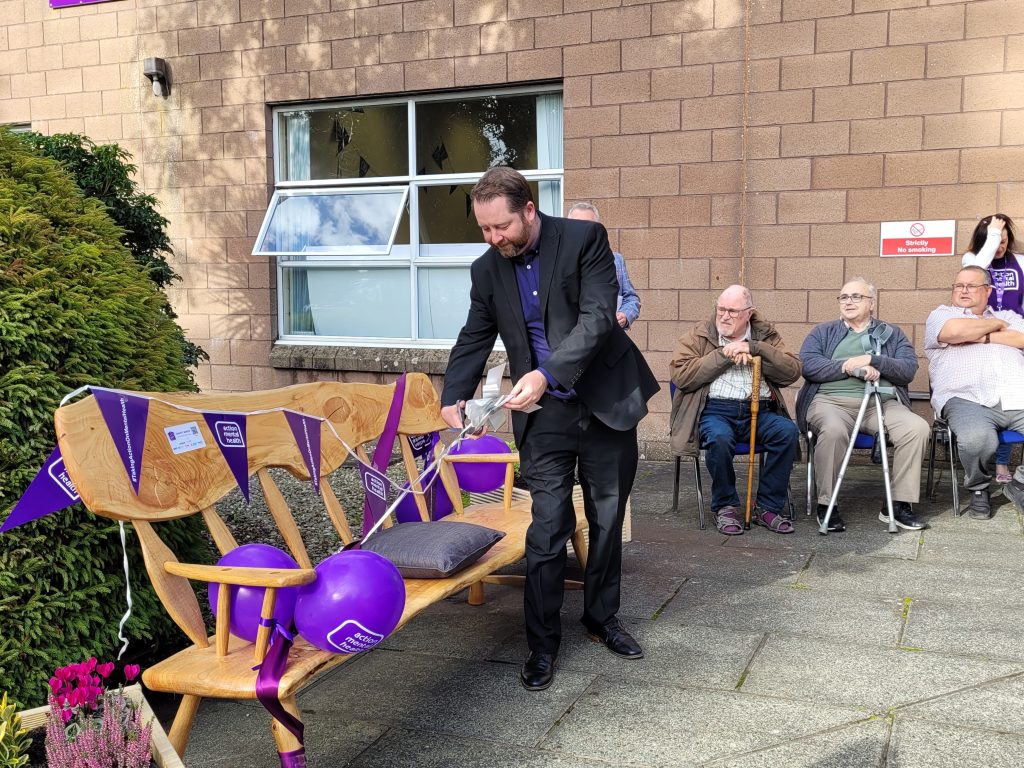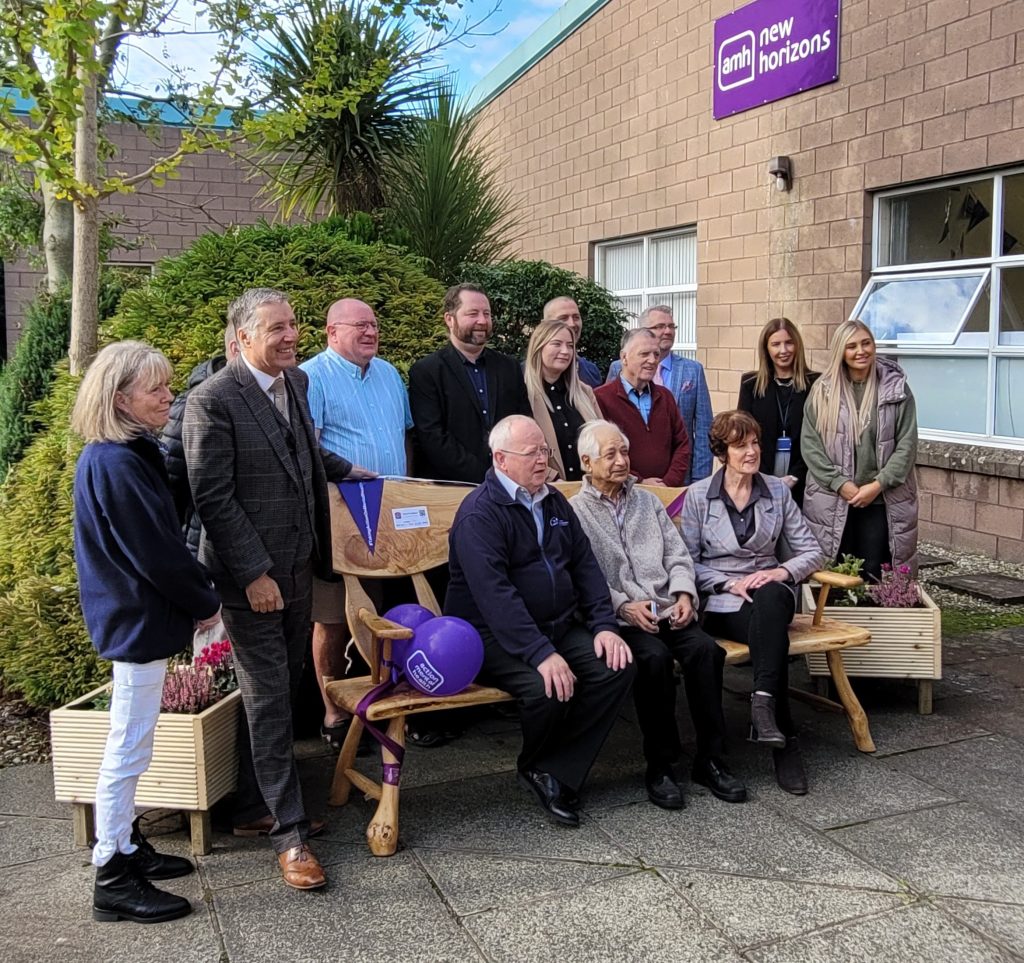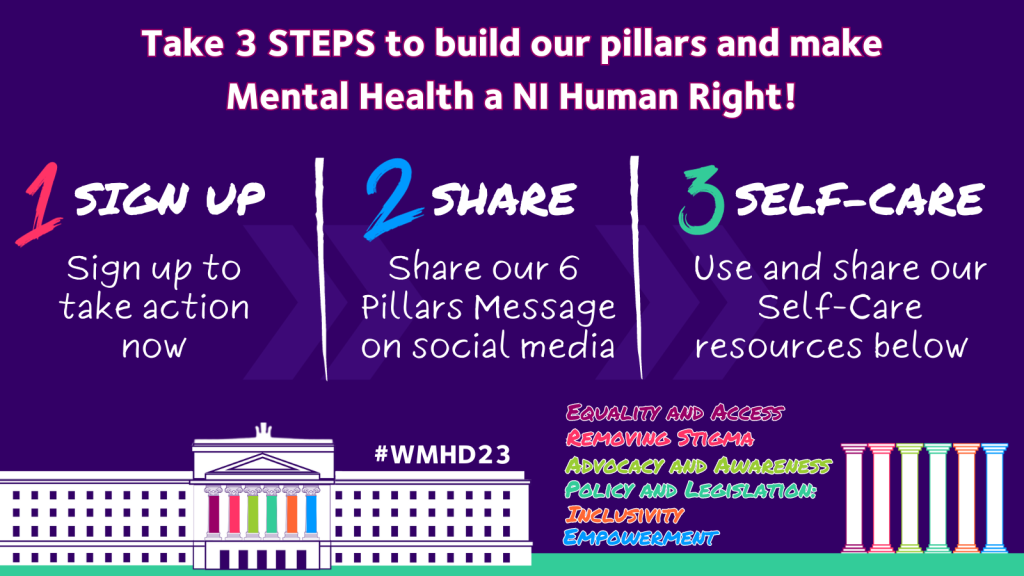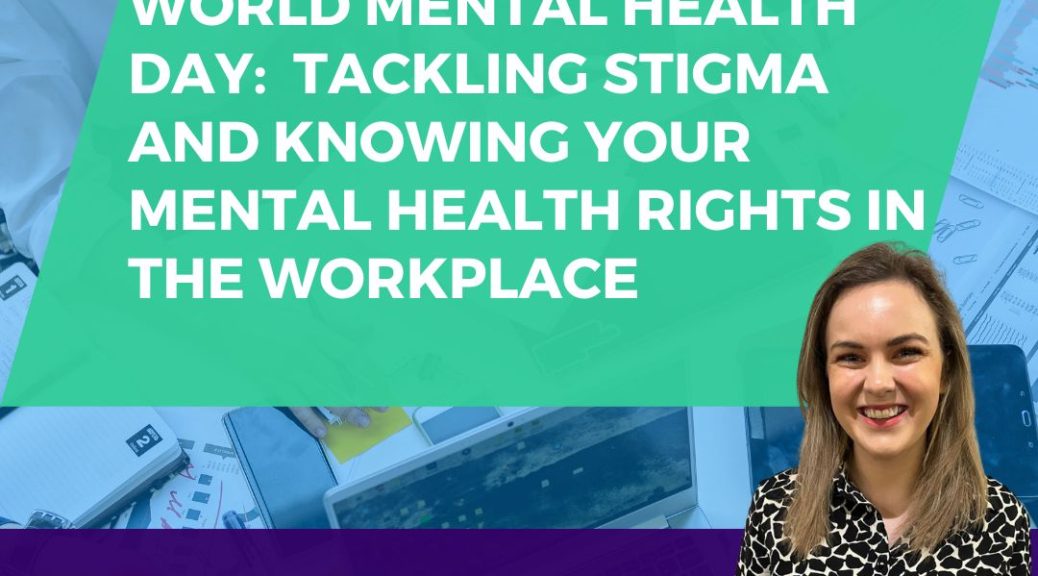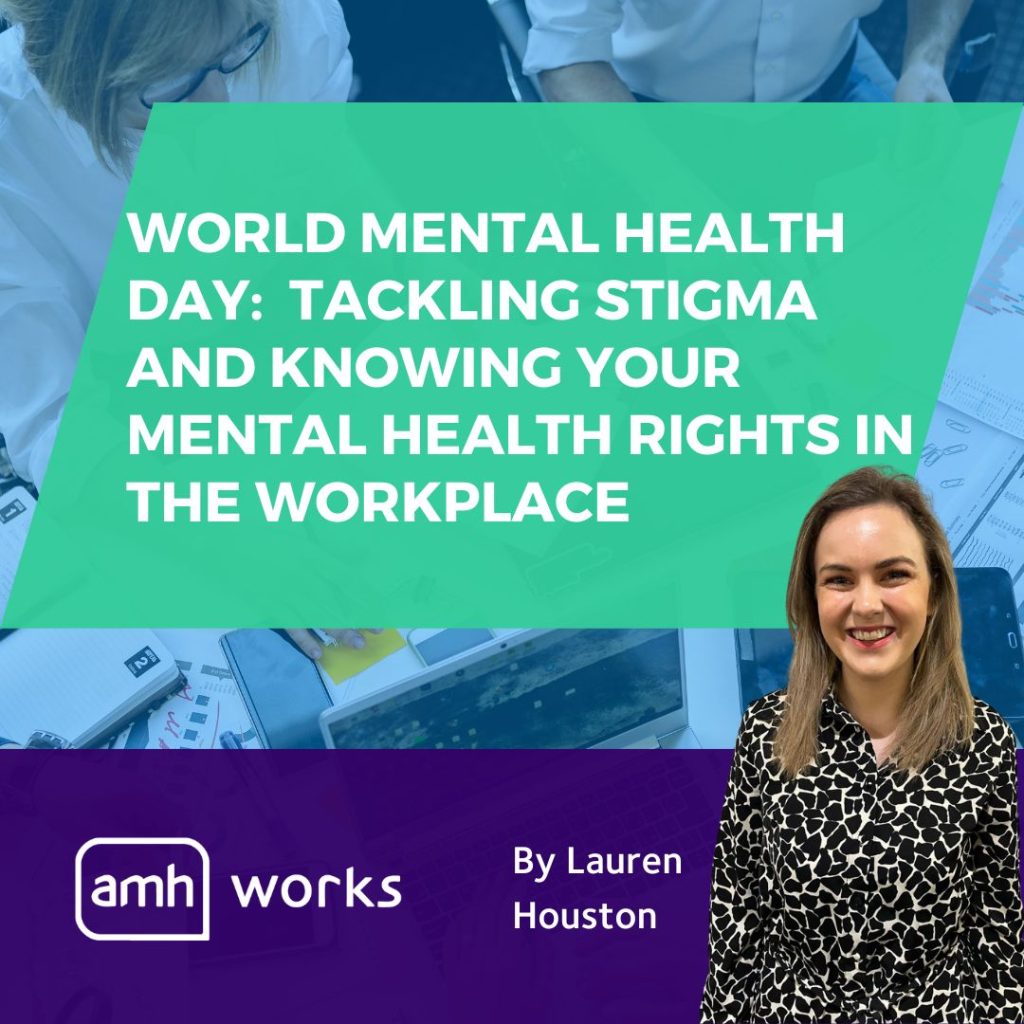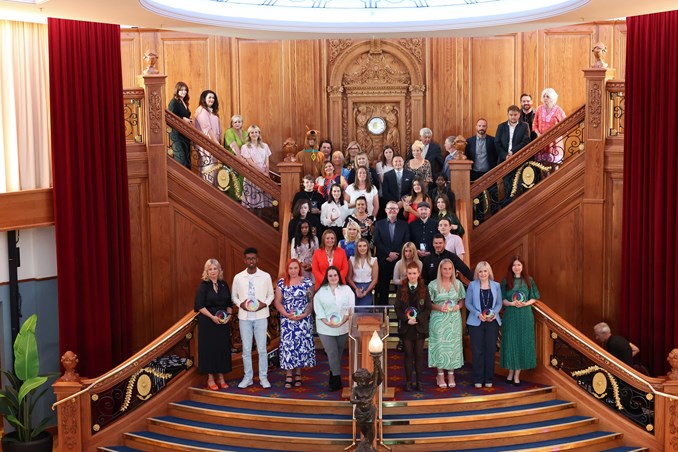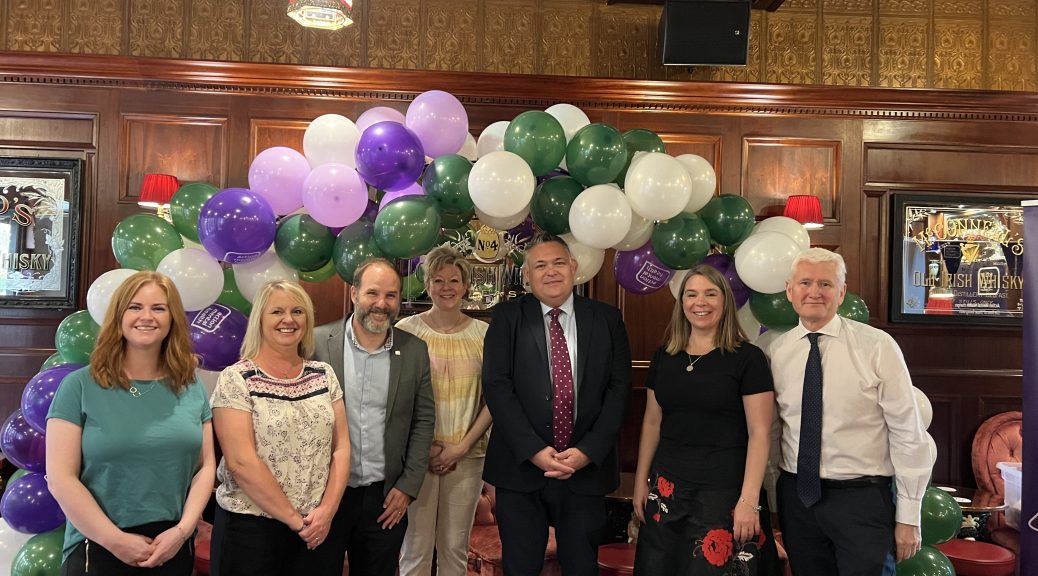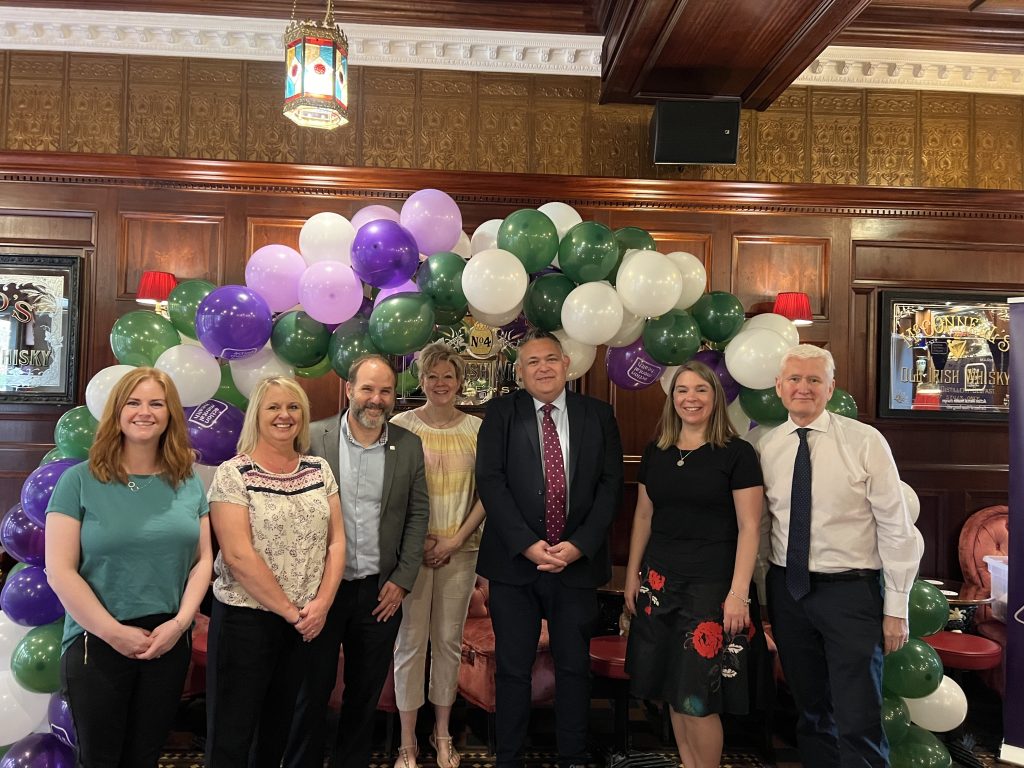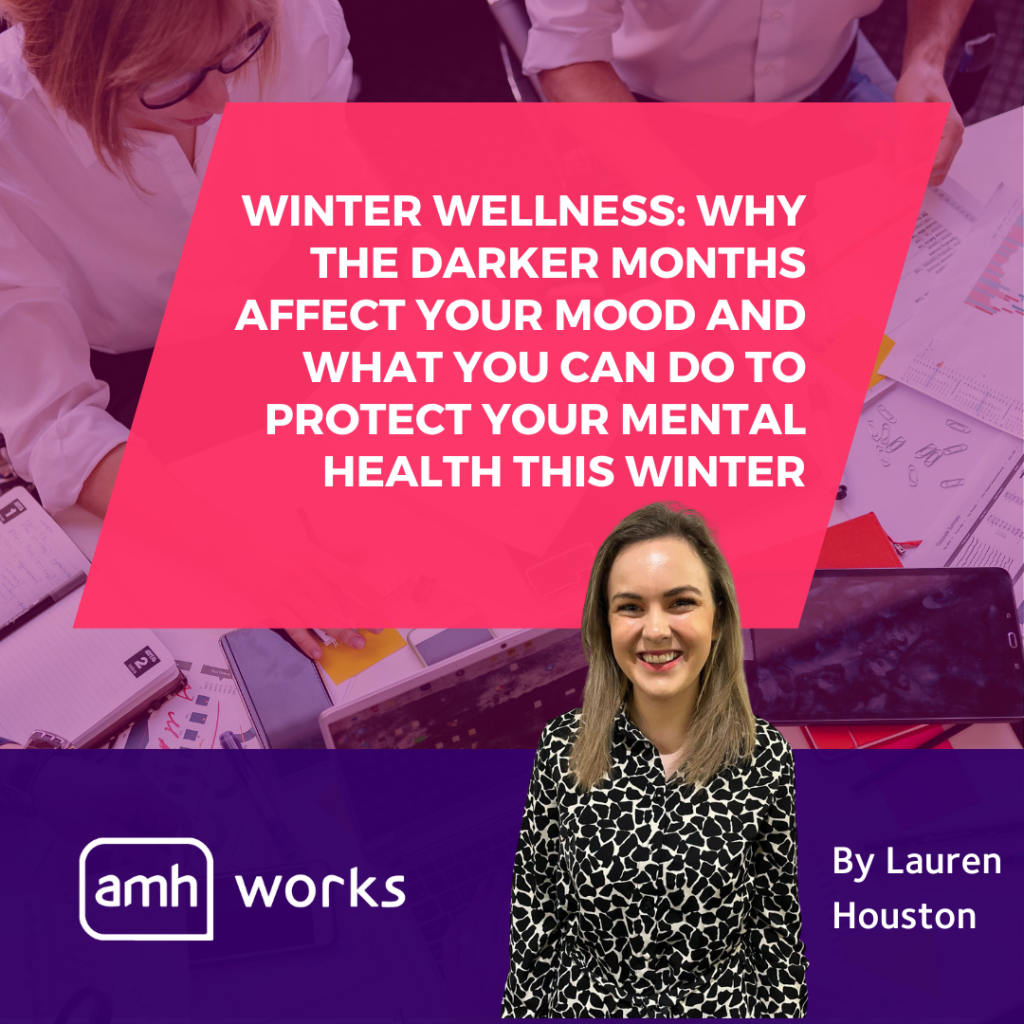
As the days get shorter, the evenings colder and the mornings frostier, many begin to look forward to cosy nights in, warm fires and Christmas festivities. For others, the idea of darker days, cold weather and less time outside can be a daunting prospect. In fact, as winter creeps in, google searches for ‘seasonal affective disorder’ rise by approximately 500%, with many finding that the colder months negatively influence their motivation, mood and productivity. Whilst less than 3% of the population have a diagnosis of Seasonal Affective Disorder (NHS, 2023), many more find that the colder months leave them feeling sluggish, tired and struggling to keep on top of mental wellness habits.
Why does winter affect mental health?
- Decreased Sunlight: Whilst the clocks going back may bring an extra hour in bed, the shorter and darker days can be a big contributor to lower energy and motivation levels. Vitamin D (typically sourced from sunlight) helps our bodies to produce serotonin, the neurotransmitter which affects mood. Vitamin D is also key to the production of melatonin, the hormone responsible for regulating sleep. Therefore, when sunlight is in short supply during winter, many experience a dip in vitamin D which leads them to feel sluggish, decreases mood and causes disruptions to their normal sleep schedule.
- Decreased exercise: The link between exercise and mental health is well established, with those who exercise 3-5 times a week experiencing significant improvements in mood, stress and anxiety (Nie et al., 2021). Yet with pavements coated in ice and rain seemingly endless, it’s not surprising that many of us opt to forgo a lunchtime walk or post-work run during the winter season. Whilst cosying up indoors can feel tempting, exercise is known to trigger dopamine, a pleasure hormone known to improve mental well-being.
- Financial concerns: Whilst the festive season brings opportunities to catch up with loved ones, it also often carries increased expenses. A 2022 study by ‘The Independent’ found that nearly half of people are concerned about whether they could afford Christmas presents, yet less than a fifth were prepared to communicate this to friends and family. With the cost of living crisis in effect, many find that the financial pressures of Christmas presents, increased winter bills and festive social obligations play heavily on their minds.
- Loneliness: With increased time indoors and a change in regular routines, winter can prove a challenging time with 45% of adults reporting feeling lonely (Campaign to End Loneliness, 2022).
How can we protect our mental health during the winter months?
Find the light: We know that the lack of sunlight experienced during winter is a primary contributor to seasonal dips in mood and motivation. One of the best ways to counteract this is to find opportunities for brightness throughout your day. This may include getting outside in natural sunlight where possible (even if just for 5-10 minutes at a time), opening blinds and curtains in your home, situating your desk close to a window and using lamps and mirrors to increase brightness indoors. Whilst natural light is ideal for boosting mood, studies have found that exposure to bright indoor lights during the day help our bodies to regulate the sleep cycle and stimulate the brain to feel alert and revitalized.
Get sleep savvy: When the mornings are pitch black, it’s tempting to press snooze and roll over into another bout of sleep. Whilst sleeping too little can lower our resilience and ability to deal with stress, sleeping too much can also be detrimental to mood and motivation. Instead, try setting a consistent sleep and wake time, allowing 7-9 hours of sleep each night. Whilst getting the right amount of sleep will benefit your mental wellbeing, focusing on sleep quality is important too. Keeping an eye on your caffeine intake, dimming lights before bed and avoiding screens in the run up to bedtime are all important contributors to good quality sleep.
Keep Connected: Whether you’re trying to limit the financial stress of Christmas or reticent to get outside in freezing temperatures, it’s easy to become isolated over the winter months. Yet too much time alone can often lead to unhelpful thinking patterns, rumination and anxiety. Rather than opting for overpriced activities, would you feel up to meeting a friend for a walk or having a friend or two over for coffee? If you’re concerned about catching winter illnesses, try connecting online or over the phone where you can.
Plan for difficult times: The festive season can often bring increased socializing and family functions. Whilst this a great chance to catch up for some, others may find this period tense and challenging. If you notice that you feel particularly stressed in specific situations or around certain people, try putting in place self-care strategies for before and after these occasions. This may include trying some breathing exercises to de-escalate (box breathing is a great strategy to start with), journaling about how you’re feeling or planning ways you can take breaks throughout the event to prevent feeling overwhelmed.
Accessing support for your mental health:
If you are suffering from poor mental health, you are not alone. As many as one in 4 adults in Northern Ireland experience signs of a mental health issue every year. Help is available:
Reach out to your GP: When you talk to your GP about your mental health they’ll listen, give you advice and introduce you to a mental health service they think will be most helpful to you. These services may come from your GP surgery, a large local health centre, a specialist mental health clinic or a hospital.
Lifeline: Lifeline is a free 24/7 crisis response helpline service for those experiencing distress or despair. Lifeline is there to help 24 hours a day and can be contacted on: 0808 808 8000
AMH New Life Counselling: AMH New Life Counselling provides free, high quality counselling services across Greater Belfast. Further information can be found at: https://www.amh.org.uk/new-life-counselling/
Details of further support services and helplines can be found at: https://helplinesni.com/




